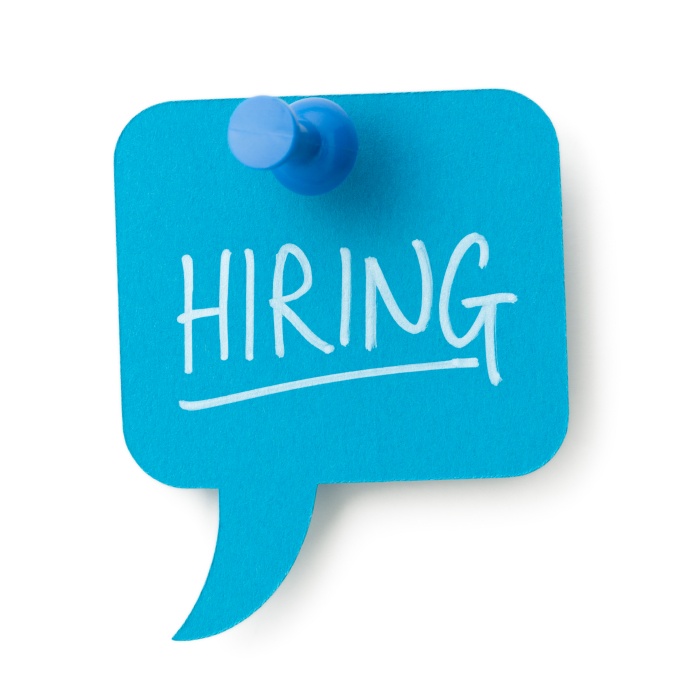So, you’ve been tapped to hire new employees. Not a problem, as you’ve been involved in the hiring process before. But, here’s the catch; you have very little knowledge about the job you’re employing for and even less personal experience. How do you interview if you don’t even know where to start with the questions for the candidates and how will you know how to pick the right candidate for the job? Fortunately, there are a number of strategies that will help prepare you for this task and should also serve as excellent general knowledge for any managerial position.
1) Don’t Fake It
The very first bit of advice is to be honest with yourself and those tasking you with the job of staffing. Don’t try to bluff your way through an interview. The interviewee will certainly feel as if something as wrong, since you will be trying to keep up a facade of fake knowledge. This will immediately undermine the professionalism of the organization and may drive away some potentially great candidates, especially if they realize they know more about the position than you. There is also the risk of hiring the wrong person, as you really don’t know whom to hire or what the position needs in an applicant.

2) Do Research
Find out as much as you can about the position. Ask around the office, consult your peers or superiors or consult the Internet to give you a basis of understanding about the position. The more you know ahead of time, the better.
3) Work the Job Yourself
Spend a week or two working in the position you are employing for. This will give you great insight into what is expected out of the position, who the new employee will be working with and what strengths a good candidate should possess.
4) Ask A Professional
Seek out advice from a person who has or is currently working in the position you’re hiring for. Ask them what they would look for in a candidate or even ask them to be part of the hiring process.
5) Consider Current Employees
Sometimes, the best fit is right under our noses. Current employees often make the best candidates, as they are comfortable with their surroundings and operations of the company. And often they are already aware of the position and know exactly what it will take to be successful in the position.

6) Use Employees As Attractors
Your workforce is sometimes the most honest and informed about what your organization needs. They are also often networking with other professionals, which leads to shared information about experience, work history and openings in their jobs. And, because the position came as a personal reference, those involved will want to do the best job as to not besmirch their reputation or the reputation of the referring individual.
7) Avoid Candidates With No Experience in The Position
This might seem kind of obvious, but sometimes people are hired because the interviewer has a “good feeling” about their potential in the position. This may be the case if your experience level in the position is high, as you may inherently feel a person has the right temperament or other experiences, which will lead to success. But, if you are clueless about a position, emotions, feelings or similar platitudes are not exemplary hiring qualifications.
8) Examine Past Work Experience
As stated above, ideally you want to employee a person with experience in the position. Just don’t overlook the other parts of their job history. Were they successful? Have they bounced around frequently or were they fired more than a few times. Even with no knowledge of the position personally, you can still be a good judge of employee attitude and competence. If past history is spotty or unfavorable, what makes you think they’ll change for this position?

9) Gauge The Interviewees Professionalism and Preparedness
During the interview, test their preparedness for the interview by asking educated questions and consider their responses. Are they answering the questions honestly or just trying to say what they think the interviewer wants to hear. And when it comes time for them to ask questions, consider the caliber of questions they ask. When does vacation kick in and what’s the policy on tardiness are not good signs.
10) Ask Questions To Elicit Personal Responses
Questions about ourselves can be quite telling in a job interview. Having to talk about yourself can be difficult or intimidating for some or opens up the floodgates to bragging and exaggeration for others. If a candidate has very little to say about themselves, can’t point out any personal triumphs or doesn’t have any examples of overcoming difficulty, this may be a sign that they have no confidence or need more personal growth, before they are ready. On the other hand, if a person has too many highlights or is basically bragging about himself or herself, beware of the oversell in which a candidate looks to make grandiose what they have accomplished to hide their shortcomings. Of course, this isn’t always the case, as some people don’t necessarily shine in interviews. Use personal judgment and follow up interviews to help with a final decision.
11) Set Up A Work Scenario
If possible, a work situation, in which the candidate has to perform tasks, whole being monitored, can be extremely telling of their abilities. Literally the rubber has hit the road and the results will explain themselves.

12) Be Clear About What You Want
If all else fails, make sure you have clearly defined what you and your company want in an employee. Search for resumes or on job message boards for candidates who fit the bill. These will get the process started and will help generate some excitement amongst the talent pool. Be careful, though, not to pick a candidate, based solely on their words about themselves. Treat all applicants the same going into the interview and reserve final judgment until you have seen a reasonable number of applicants who match well with your pre-set criteria.
The interview process should be seen as an opportunity to find out about the applicants as much as it is about the applicants finding out about your company. Much like a first date, the interview process is where information is conveyed and interests are gauged, to decide if there will be a second date, I mean interview. And, even if you aren’t necessarily an expert in the area you’re an interviewer for, these tips should help you narrow your talent pool and choose the best candidate for the position.
[blog_cta id=’30e204f3-5861-4465-a662-6c67ec50b118′]
